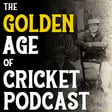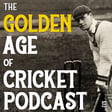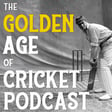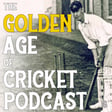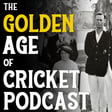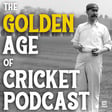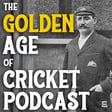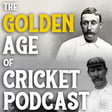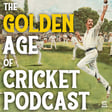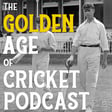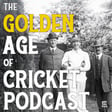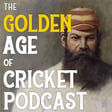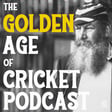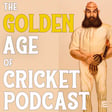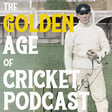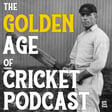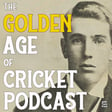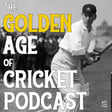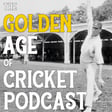
Billy Murdoch – Part 2 – with Richard Cashman & Ric Sissons
In Part 2 of this episode on Australian cricket legend Billy Murdoch, Tom and Murdoch's biographers, Richard Cashman and Ric Sissons, discuss his captaincy tactics, his friendship with WG Grace, his legacy and delayed inclusion in the Australian Cricket Hall of Fame.
Richard Cashman is a sports historian based at the University of Technology Sydney. He is the author of 12 cricket books as well as his memoirs, Cackyhander: Writing on Cricket, Sports History and the Olympic Games. He has won the Australian Cricket Society Literary Award on three occasions: for his book on Australian cricket crowds, and his biographies of Fred Spofforth & Billy Murdoch, the latter co-written with my other guest.
Ric Sissons grew up in England, playing and watching cricket in Derbyshire. He is the author of eleven cricket books including The Players, which won the English Cricket Society’s Silver Jubilee Literary Award in 1988. His most recent books are: The Glory & The Dream: The 1903-04 MCC Tour of Australia and the so-called Golden Age; J T Tyldesley in Australia; And – with Peter Schofield – When the Kangaroo met the Eagle. The 1913 Australian tour of Canada and the United States.
In 2019, Richard and Ric published Billy Murdoch: Cricketing Colossus. Visit Walla Walla Press for a copy.
If you'd like to support Tom and this podcast, you can donate $5 by buying him a coffee. Visit: https://www.buymeacoffee.com/GoldenAgeOfCricket
CREDITS:
Presenter & Producer: Tom Ford
All music used in podcast comes from the University of California Santa Barbara’s remarkable collection of wax cylinder’s from the late nineteenth and early twentieth centuries, which are free to download and use. You can donate to the upkeep of these recordings via their website.
